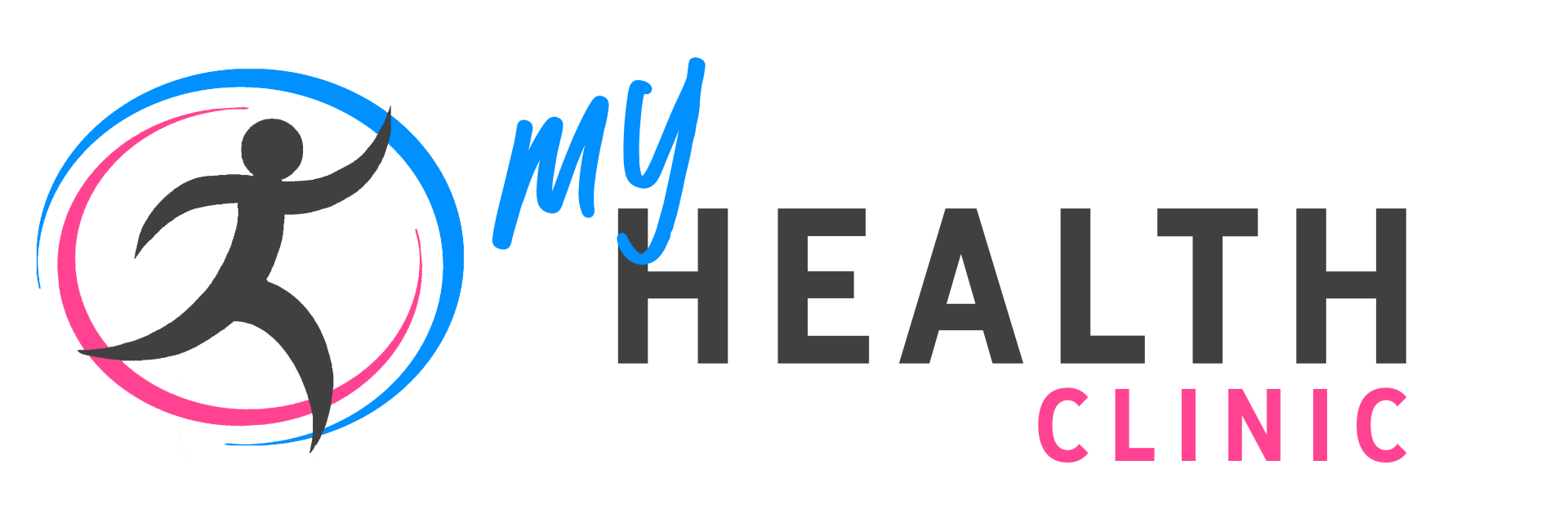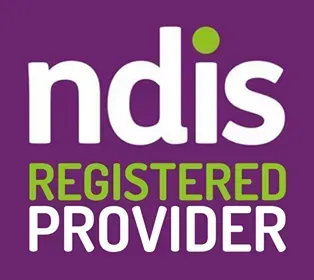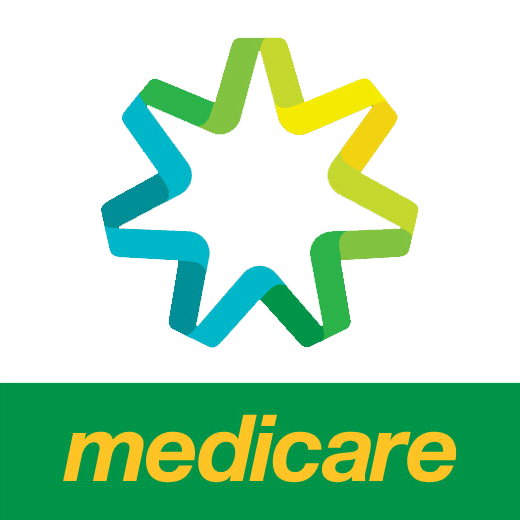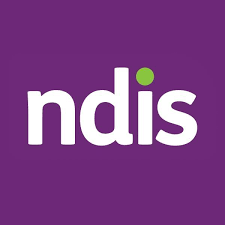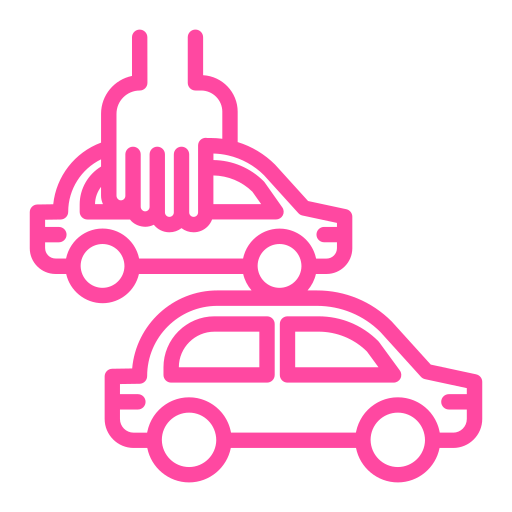Remedial Massage
Not applicable for NDIS patients
Not applicable for NDIS patients
What is Remedial Massage?
Remedial massage uses targeted, evidence-informed techniques to assess and treat muscles, tendons, ligaments, and fascia that are damaged, tense, or immobile. Unlike relaxation massage, it focuses on addressing the underlying causes of pain, improving movement, and supporting recovery after injury or surgery.
Our therapists work with both private clients and, when appropriate, NDIS participants. NDIS-funded sessions may be available when recommended by a registered therapist and linked to functional outcomes.
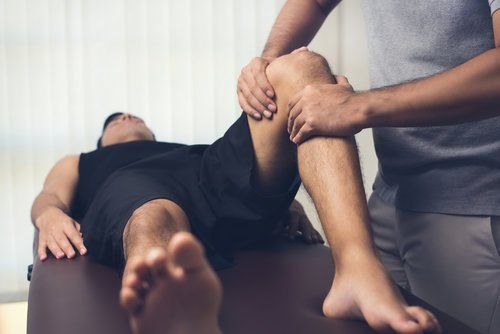
Benefits of Remedial Massage
Remedial massage offers both immediate relief and long-term health benefits:
- Pain relief by reducing muscle tension and alleviating aches
- Improved blood and lymphatic circulation, promoting healing
- Better flexibility and mobility through loosening tight muscles
- Injury prevention by identifying and treating muscle imbalances
- Stress reduction and improved mental well-being
- Faster recovery after injury or surgery
Who is Suitable for Remedial Massage?
Remedial massage can benefit a wide range of people, including those who:
- Have muscle pain or stiffness: From injury, posture issues, or overuse
- Suffer from sports injuries: Strains, sprains, or repetitive strain injuries
- Experience chronic pain conditions: Such as fibromyalgia, arthritis, or tension headaches
- Have restricted movement: Due to scar tissue, tight muscles, or injury recovery
- Need rehabilitation support: Following surgery or injury
- Experience occupational strain: From prolonged sitting, heavy lifting, or repetitive tasks
Suitable for all ages, including adults, children, seniors, and people with complex support needs or sensory sensitivities.
Conditions We Commonly Treat
Physical Conditions
- Neck and back pain
- Muscle strains and tightness
- Tendon and ligament injuries
- Postural dysfunction
- Joint stiffness
- Headaches and jaw tension (TMJ)
- Post-surgery or injury recovery
- Fibromyalgia and myofascial pain syndrome
Neurological & Disability-Related Conditions
- Cerebral palsy
- Spina bifida
- Multiple sclerosis (MS)
- Stroke recovery
- Parkinson’s disease
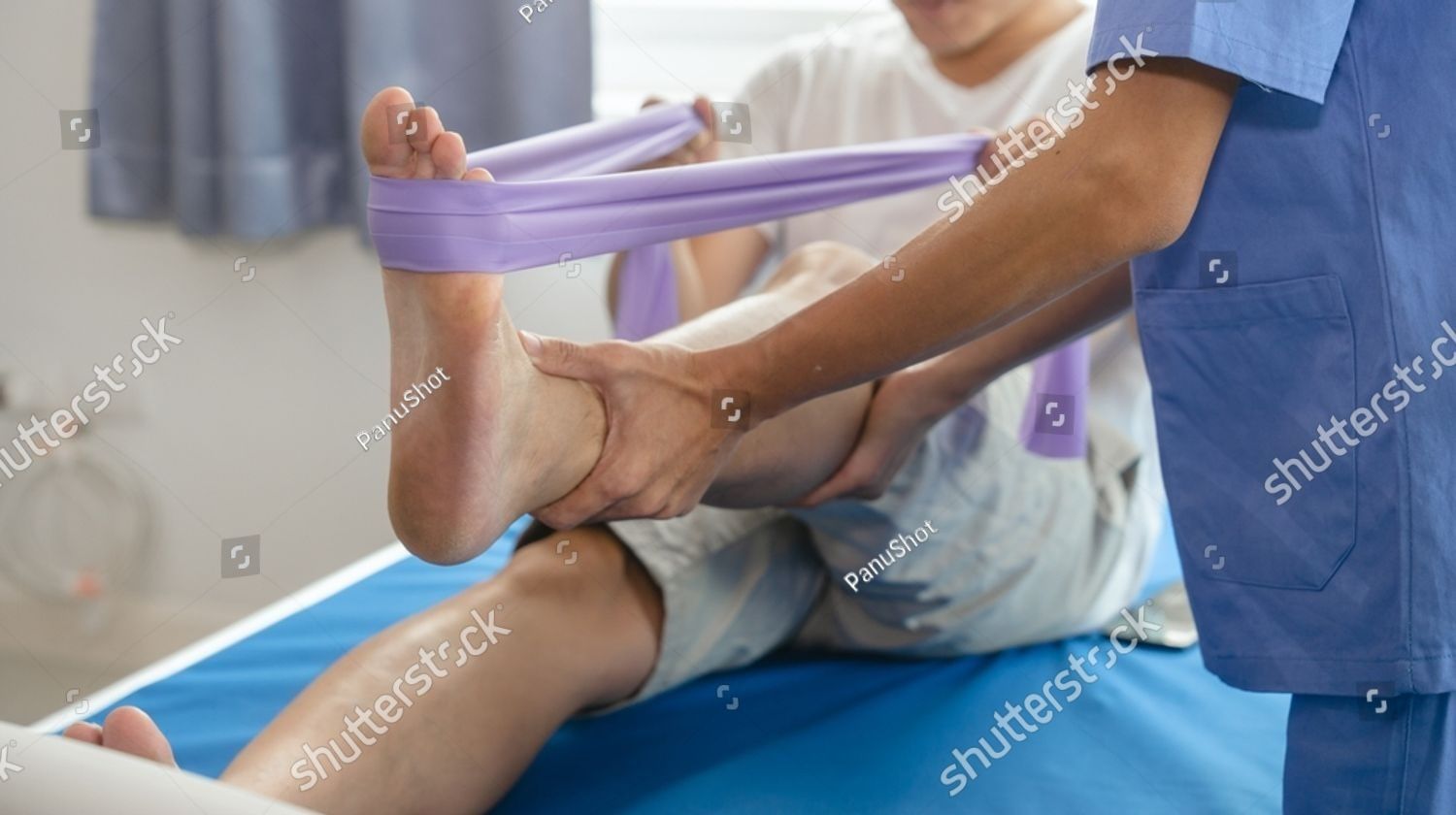

Workplace & Occupational Support
Regular remedial massage can help employees and business owners who experience:
- Repetitive strain from desk work or heavy lifting
- Stress-related tension headaches and neck pain
- Postural problems from long sitting hours
Our therapists can work with employers or individuals to create workplace wellness programs, helping reduce absenteeism and improve productivity.

Pregnancy and Postnatal Care
Gentle, tailored remedial massage can:
- Relieve lower back, hip and leg discomfort during pregnancy
- Reduce swelling and improve circulation
- Ease muscle tension from breastfeeding or carrying a baby
Our therapists adapt positioning and techniques to ensure safety and comfort at every stage.

Remedial Massage for Seniors
As we age, muscles and joints can become stiff or painful. Remedial massage can:
- Improve flexibility and mobility
- Support balance and reduce fall risk
- Help manage arthritis or age-related muscle loss
- Enhance relaxation and sleep quality
Sessions are gentle, supportive, and adapted to individual health needs.

Sports Performance & Injury Prevention
Ideal for athletes at all levels, remedial and sports massage can:
- Prepare muscles for training or competition
- Speed recovery and reduce delayed onset muscle soreness (DOMS)
- Identify and correct muscle imbalances before they cause injury
- Support long-term performance goals in combination with physiotherapy or exercise physiology
Difference Between Remedial and Sports Massage
Remedial massage is what most people commonly associate with massage. It is great for working through tight spots in areas such as the shoulders and upper back.
Sports massage is a more specialised form of massage. As the name suggests, it is more sport-specific and tailored to the specific muscle groups used during gym training or a particular sport.
| Remedial Massage | Sports Massage |
|---|---|
| Is intended as a remedy | Is used as a recovery sport or training |
| Very thorough & precise | Aimed at softening the muscles quickly and painlessly |
| Treats you from head to toe to find & release points of tension | Is more dynamic (eg, stretching) |
| Designed to iron out any areas of tension or knots | Less intention towards trigger points (unless currently painful) |
| Can be targeted, focused sessions. (Eg upper body, shoulders and neck treatment.) | Techniques and pressure vary depending on the patient's training program. |
| Can be combined with myofascial release, trigger point therapy and dry needling | Is focused on flushing & working through the muscles to improve recovery times. |
| Applies general long strokes, stimulating blood flow & frees up fibrous tension |
At My Health Clinic, remedial massage is performed by qualified remedial massage therapists, while university-qualified physiotherapists provide sports massage with detailed knowledge of body movement.
Remedial Massage and the NDIS
Remedial massage may be included in an NDIS plan when it supports functional outcomes such as pain reduction, mobility improvement, or increased independence. Funding may be available if:
- Recommended by a registered therapist (e.g., physiotherapist or occupational therapist)
- Part of a participant’s goal to reduce pain, increase mobility, or improve functional independence
- Relates to functional outcomes
Common reasons for NDIS referral:
- Chronic pain management (e.g., cerebral palsy, muscular dystrophy, scoliosis)
- Reducing muscle tone and spasticity
- Improving flexibility and range of motion
- Supporting recovery after injury or surgery
- Managing fatigue and improving sleep quality
- Enhancing quality of life in degenerative conditions (e.g., MS, Parkinson’s)
Possible NDIS categories:
- Capacity Building: Improved Daily Living (with evidence)
- Core Supports: Assistance with Daily Life (occasionally, if clearly linked to outcomes)
- Always supported by clinical documentation from Allied Health
Types of Remedial Massage and Techniques
At My Health Clinic, our therapists combine a range of specialised techniques:
- Deep Tissue Massage: Firm, flowing strokes to release chronic tension
- Trigger Point Therapy: Cycles of pressure and release to relieve pain from “knots”
- Sports Massage: Prepares muscles for activity and speeds post-exercise recovery
- Myofascial Release: Loosens fascia to improve movement and reduce pain
- Cross-Fibre Friction: Breaks down scar tissue and improves tissue mobility
- Stretch Therapy: Assisted stretches to improve flexibility and range of motion
- Joint Mobilisation: Gentle, passive joint movements to reduce stiffness
- Thermotherapy and Cryotherapy: Heat to relax muscles or cold to reduce inflammation
- Functional Release Cupping: Suction cups to improve blood flow and relieve pain
- Complex Taping: Targeted pressure or support for muscle recovery
- Dry Needling: Fine needles to release tight or knotted muscle fibres
These can be used individually or combined for maximum effect.
Remedial Massage FAQS
How many sessions will I need?
Most clients feel benefits after 1–3 sessions. Chronic conditions may need ongoing care.
Is remedial massage safe during pregnancy?
Yes. We adapt techniques and positioning to each stage of pregnancy.
Can I combine massage with physiotherapy or other treatments?
Absolutely. Many clients benefit from a combined care plan for faster, longer-lasting results.
What Happens During a Physiotherapy Session?
A typical physiotherapy session may include:
- Assessment: Discussion of your condition, medical history, and current symptoms
- Movement testing: Checking flexibility, strength, balance, and posture
- Hands-on treatment: Such as massage, joint mobilisation, or stretching
- Exercise program: Tailored activities to build strength and mobility
- Education: Advice on posture, movement habits, and self-care strategies
- Progress tracking: Regular reviews to adjust your treatment plan
Tips on Preparing for Your First Remedial Massage Appointment
- Hydrate well
- Wear loose, comfortable clothing
- Discuss symptoms and medical history with your therapist
- Avoid heavy meals beforehand
- Plan for light activity or rest after your session
Where We Deliver Services
Remedial massage is available at our Port Kennedy clinic in a calm, private, and professional environment designed for comfort and effective treatment.
What to Expect After Your Massage?
- Relief from pain and stiffness
- Mild tenderness for 24–48 hours (normal and temporary)
- Greater ease of movement and improved circulation
- Relaxation or increased energy
- Post-care advice, such as stretching, hydration, and using heat or cold packs
Additional Benefits and Applications
Remedial massage can also help with:
- Pre-exercise warm-up to enhance performance
- Post-exercise recovery, flushing lactic acid to reduce muscle soreness
- Lymphatic drainage to reduce swelling and improve mobility
- General relaxation, reducing stress, anxiety, and depression
Remedial Massage Prognosis
Most people see improvement after one to three sessions, depending on the condition being treated. For acute injuries, benefits can be noticeable quickly. Chronic conditions may require ongoing sessions combined with exercise, stretching, and lifestyle changes for lasting results. When part of a broader treatment plan, remedial massage can significantly reduce pain, improve function, and prevent recurrence.
Remedial Massage Risks
- Temporary soreness or mild bruising
- Allergic reactions to oils or lotions (rare)
- Risk of aggravating certain injuries if performed without proper assessment
- Not recommended for certain conditions without medical clearance (e.g. blood clots, severe skin infections, fractures)
Book your first remedial massage today to relieve pain, improve flexibility, and support your recovery.
Our therapists will assess your needs and develop a personalised treatment plan to help you return to your best—whether that’s elite performance or everyday comfort.
Get Started
Pricing and Payment Options or Funding
NDIS
National Disability Scheme
